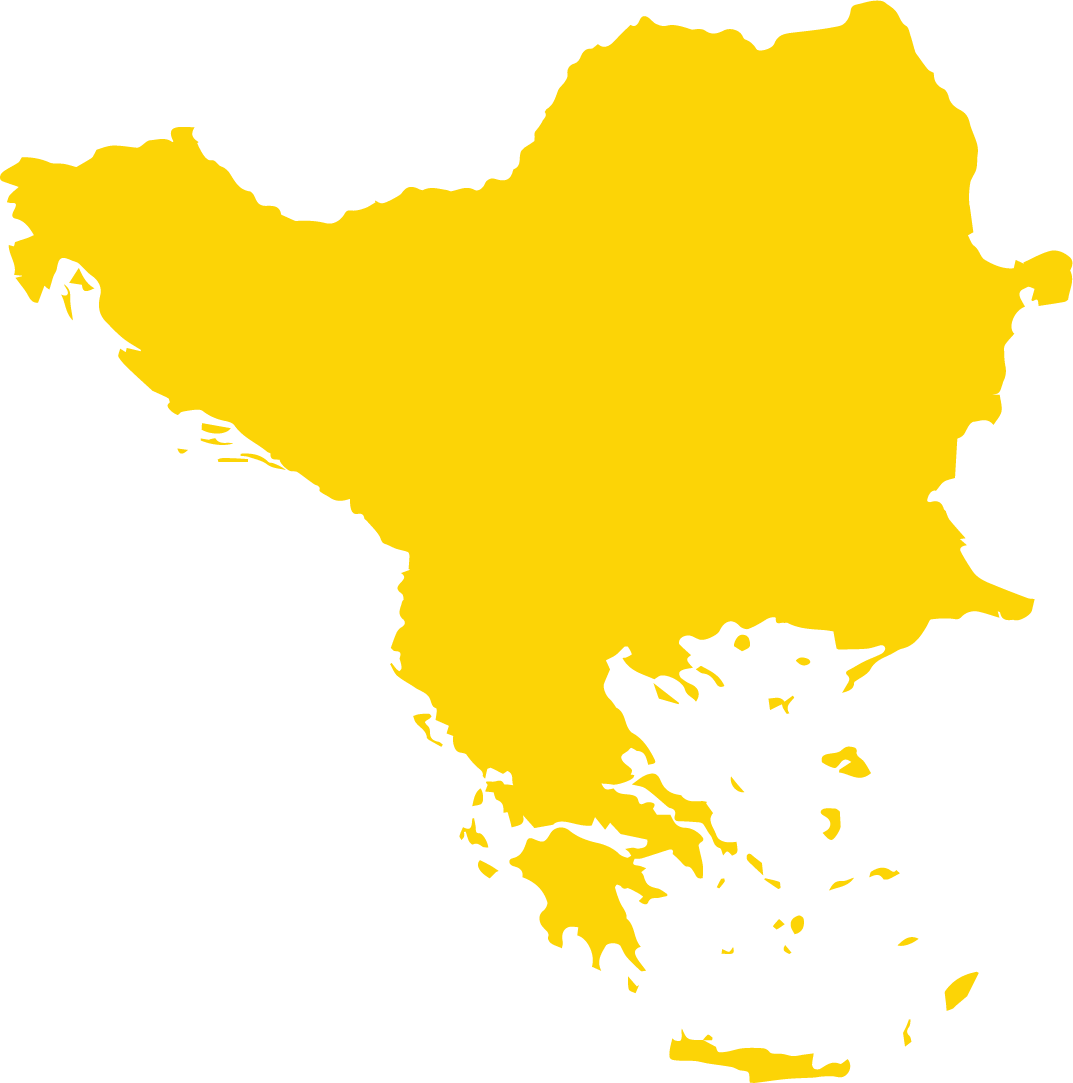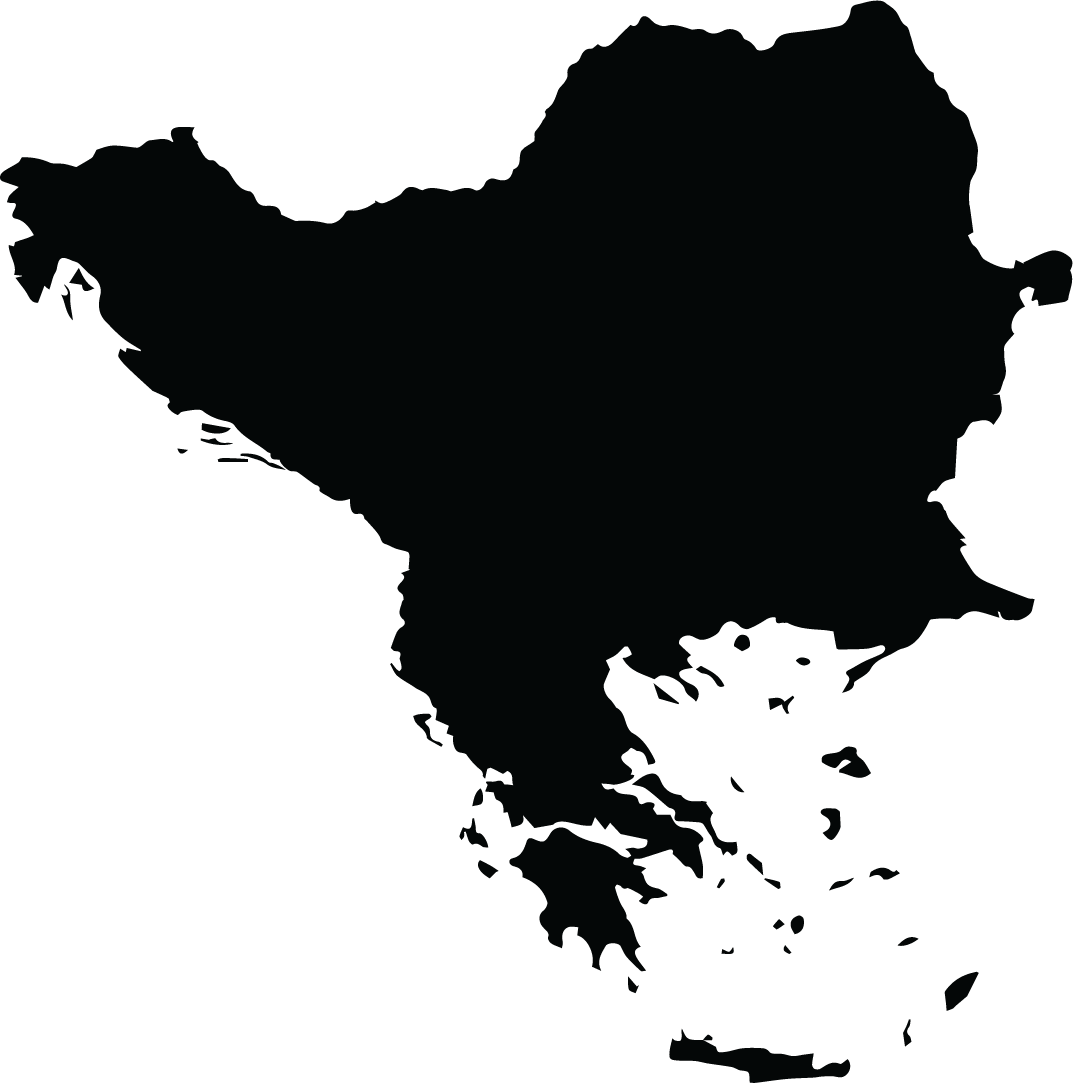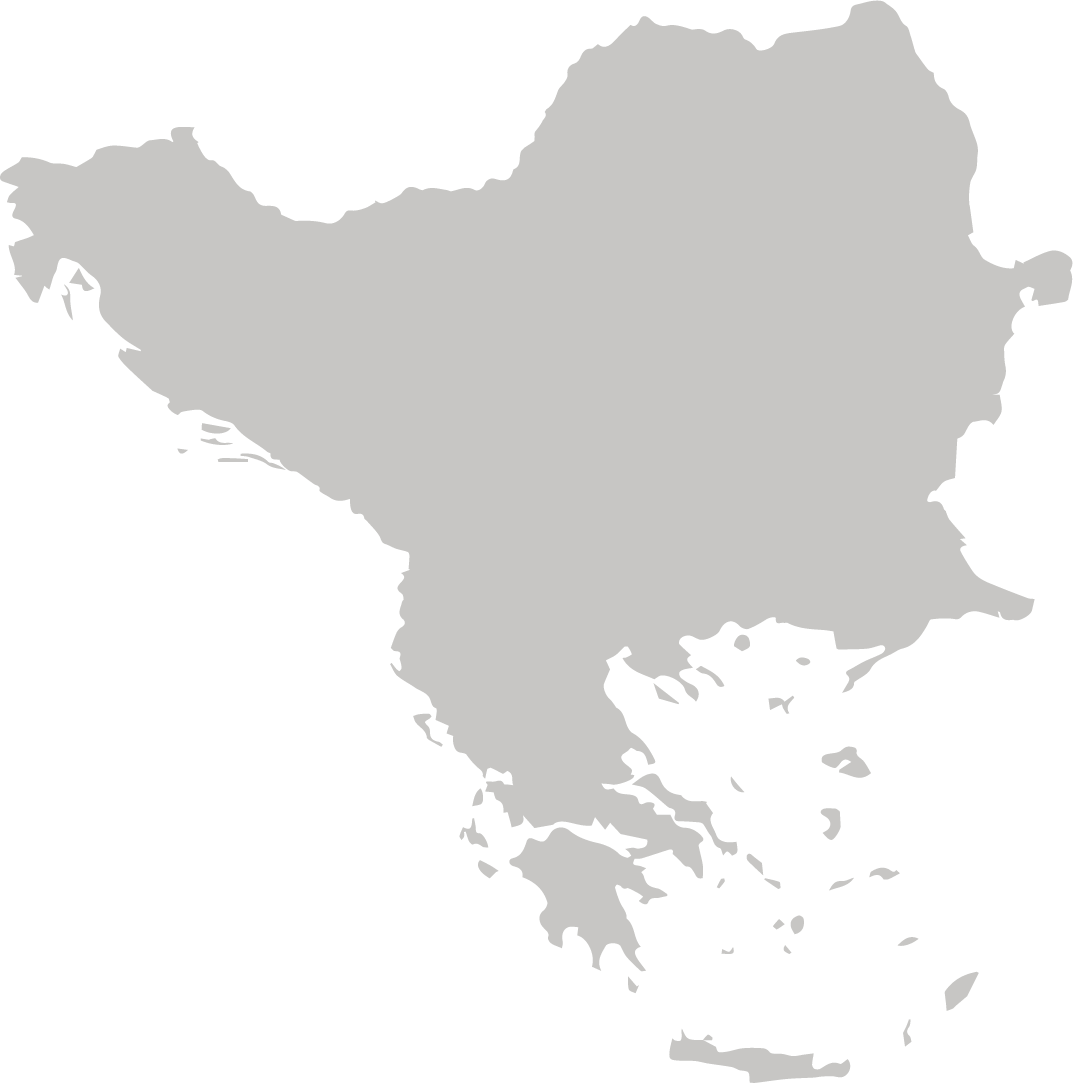Karagiozov, M. Center and periphery blurred: notes on the most popular debate in social sciences on Turkey
Center and periphery blurred: notes on the most popular debate in social sciences on Turkey
In: Obscured Balkans, vol. 1, 2024.
Author:
Marian Karagyozov, Ph.D., political scientist
Institute of Balkan Studies and Centre of Thracology
Bulgarian Academy of Sciences
Received: September 23, 2024
Technical Evaluation: September 27, 2024
Editorial Review: September 30, 2024
Peer Review: October 3, 2024
Accepted: November 5, 2024
Published: November, 7, 2024
10.6276/OB2024.MK
English
Karagyozov, M. 2024. ‘Center and periphery blurred: notes on the most popular debate in social sciences on Turkey.’ Obscured Balkans, vol. 1, pp. 181–188. DOI 10.6276/OB2024.MK, ISSN 3033-1331.
In an article, published in 1973, the Turkish sociologist Şerif Mardin proposed the idea that the center-periphery cleavage is the key to understanding Turkish politics from the Ottoman era to the present days. Since its publication, this has been one of the most widely discussed texts ever written on Turkey, with the article having between 50 and 100 citations in academic publications every year since 2010. The aim of this paper is to familiarize the audience with the authors’ main thesis, the academic criticisms leveled at it, and the contemporary political uses of the concept. The text will demonstrate the historical reconfigurations the center and periphery undergo, еspecially after the Justice and Development Party, which (claims to) represent the periphery, came to power in Turkey in 2002, thus becoming the center. The text will question the current validity of the center-periphery divide as well.
Şerif Mardin; center; periphery; Turkey
Ağırdır B. 2020, Hikayesini Arayan Gelecek, Doğan Kitap, İstanbul, 2020.
Altunışık, M. & Tür, Ö. 2005, ‘Turkey: Challenges of Continuity and Change’, Routledge Curzon, London – New York, 2005.
Bakiner, O. 2018, ‘A key to Turkish politics? The center–periphery framework revisited’, Turkish Studies 4, 2018, pp. 503–522, https://doi.org/10.1080/14683849.2018.1438846
Bilici, M. 2009, ‘Black Turks, White Turks: On the Three Requirements of Turkish Citizenship’, Insight Turkey 3, 2009, pp. 23–35.
Çaylak, A. 2016, ‘Türkiye’de Muhafazakar Müslümanlığın Dönüşümü ve Çukurambarlaşma’, Birikim, Aralık 2016, pp. 81–91.
Demiralp, S. 2012, ‘White Turks, Black Turks? Faultlines beyond Islamism versus Secularism’, Third World Quarterly 3, 2012, pp. 511–524.
Demirel, T. 2020, ‘Türk Siyasetini Anlamak. Yaklaşımlar Hakkında Bir Deneme’, Liberte, Ankara, 2020.
Ferguson, M. 2014, ‘White Turks, Black Turks: The Politics of Polarization’ in: Umut Özkırımlı (ed.), The making of a protest movement in Turkey: #occupygezi, Palgrave Macmillan, pp. 77–88.
Gergedan Dergi. 2021, Tolga Gürakar ile Merkez-Çevre Paradigması Üzerine, <https://gergedan.press/tolga-gurakar-ile-merkez-cevre-9169/>, 10.10.2024
Göle, N. 1997, ‘Secularism and Islamism in Turkey: The Making of Elites and Counter-Elites’, Middle East Journal 1, 1997, pp. 46–58.
Gürhanli, H. 2020, ‘Beyond Populism: From Scholarship to Politics in ‘New’ Turkey’, PhD dissertation, University of Helsinki, 2020.
Karagyozov, M. 2021, ‘Politicians in uniform: the role of the military in Turkish political life’, International Relations, January-February 2021, pp. 47–70 / [Карагьозов, М. 2021, Политици в униформа: ролята на военните в турския политически живот. сп. „Международни отношения“, януари-февруари 2021, с. 47–70.]
Laciner, S. 2010, ‘Turkish Foreign Policy (1971–1980): Ideologies vs. Realities’, Uluslararası Hukuk ve Politika 21, 2010, pp. 61–100.
Levin, P. 2023, ‘Reflections on Şerif Mardin’s center-periphery thesis’, Turkish Studies 3-4, 2023, pp. 617–639 https://doi.org/10.1080/14683849.2023.2189592
Mardin, Ş. 1973, ‘Center-Periphery Relations: A Key to Turkish Politics?’, Daedalus 1, 1973, pp. 169–190.
Mardin, Ş. 1990, ‘Türk Siyasasını Açıklayabilecek Bir Anahtar: Merkez-Çevre İlişkileri.’ in Türköne, M. & Önder, T (eds.), ‘Türkiye’de Toplum ve Siyaset: Makaleler 1’, İletişim Yayınları, İstanbul, 1990, pp. 30–57.
Özcan, G. & Turunç, H., 2011, ‘Economic Liberalization and Class Dynamics in Turkey: New Business Groups and Islamic Mobilization’, Insight Turkey 3, 2011, pp. 63–86.
Özet, İ., 2019, ‘Fatih-Başakşehir. Muhafazakâr Mahallede İktidar ve Dönüşen Habitus’, İletişim, İstanbul, 2019.
Özkan, B. 2017, ‘Turkey’s Islamists: from Power-sharing to Political Incumbency’, Turkish Policy Quarterly 1, 2015, pp. 71–83.
Özkan, B. 2017, ‘The Cold War-Era Origins of Islamism in Turkey and Its Rise to Power’, <https://www.hudson.org/national-security-defense/the-cold-war-era-origins-of-islamism-in-turkey-and-its-rise-to-power/>, 10.10.2024
Öztürk, A. ‘Epistemological Framework Of The Political Culture In Turkey in Political Culture of Turkey’ in Bilgin, A. & Öztürk, A. (eds.), The Rule of the AKP. Change and Continuity, Nomos, Baden Baden, pp. 13–28, 10.5771/9783845276274-13
Ramm C., 2016, ‘Beyond ‘Black Turks’ and ‘White Turks’ – The Turkish Elites’ Ongoing Mission to Civilize a Colourful Society’, ASIA 4, 2016; pp. 1355–1385, https://doi.org/10.1515/asia-2016-0035
Sabah. 2015, Cumhurbaşkanı Erdoğan ‘’Zenci bir Türk olmaktan şeref duyuyorum, <https://www.sabah.com.tr/video/turkiye/cumhurbaskani-erdogan-zenci-bir-turk-olmaktan-seref-duyuyorum>, 10.10.2024
Sözcü. 2017, Ünlü sosyolog Prof. Dr. Şerif Mardin son yolcuğuna uğurlanıyor, <https://www.sozcu.com.tr/unlu-sosyolog-prof-dr-serif-mardin-son-yolcuguna-ugurlaniyor-wp2002394>, 10.10.2024
Wuthrich, M. 2013, ‘An Essential Center-Periphery Electoral Cleavage and the Turkish Party System’, International Journal of Middle East Studies 4, 2013, 751–773.



